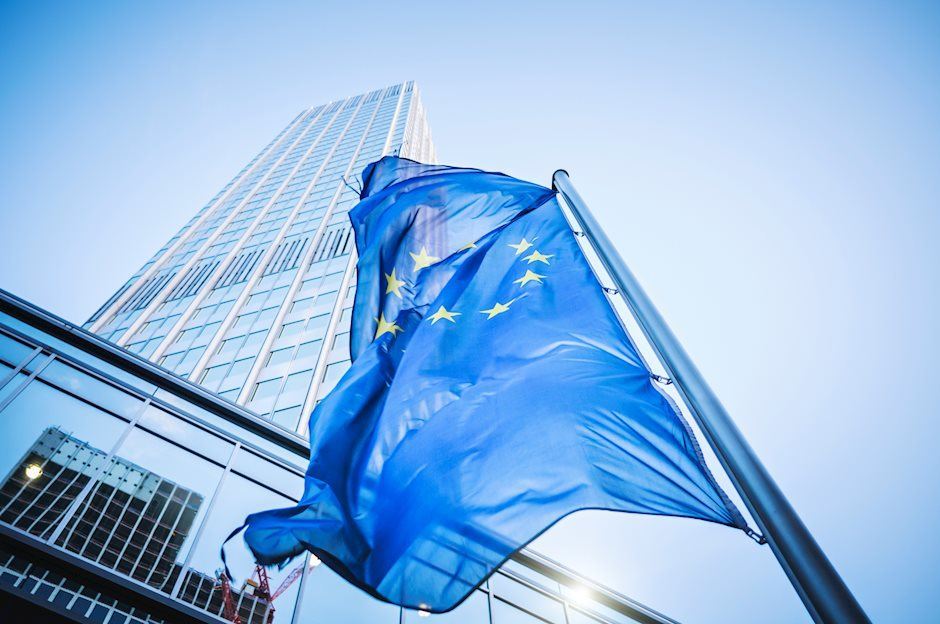July PMIs point to a very sluggish Eurozone recovery

This is another report that will not please the ECB. The July PMIs show that the eurozone economy is losing further momentum, as both the manufacturing and services sectors see activity slowing.
The return of optimism in the eurozone since the start of the year continues to lose steam. While improving business sentiment in the first months of the year as well as better-than-expected GDP growth in the first quarter had supported hopes of a surprise recovery of the eurozone economy, the latest developments have proved to be something of a cold shower for those expectations. Not the relieving kind on a hot summer's day, but rather an ice cold shower in the winter when the central heating is broken.
For the eurozone, the July PMI composite index came in at 50.1, from 50.8 in June and dangerously close to the 50-threshold that traditional pointing separated expansion from contraction. Today’s drop in the PMI points to a further weakening of economic activity at the start of the third quarter. The PMI manufacturing dropped to 45.6, illustrating the ongoing weakness of the sector. At the same time, activity in services also weakened, with the PMI dropping to 51.9. The only positive aspect of today’s PMI reports is the fact that selling price expectations softened. However, the fact that input costs increased suggests that there is still no reason to give the all-clear in the fight against inflation.
Turning to the eurozone’s two largest economies, the French PMI improved somewhat but still remained slightly below the 50-threshold as sentiment in manufacturing deteriorated. Possibly in anticipation of the Olympic Games in Paris, sentiment in services improved. Germany's PMI readings, however, illustrated that hosting a big sporting event does not leave any significant impact on the economy. In fact, the PMI composite fell sharply below the 50-threshold as sentiment in both manufacturing and services worsened.
Growth disappointment puts ECB forecasts at risk
With 0.3% quarter-on-quarter GDP growth, the eurozone economy had a surprise start to the year. Even more surprising is that growth in the first quarter was driven by net exports and the construction sector. However, available soft and hard data for the second quarter suggest that growth has slowed down – an observation that seems to be shared by the European Central Bank, as indicated by President Christine Lagarde at last week’s press conference.
Remember that the ECB last week changed its official language, stating that risks to the eurozone growth outlook were no longer balanced but tilted to the downside. While this change in language seems to be mainly driven by a weaker-than-expected second quarter, the risk is also high that the ECB’s near-term growth forecasts will once again have to be revised downwards in September.
Back in June, the ECB’s staff projections saw GDP growth at 0.4% QoQ in the second quarter and basically expected it to stay there towards the end of 2026. In this regard, it is noteworthy that over most of the last two years, the ECB regularly had to delay the profile for the economic recovery, structurally overestimating the strength and timing of the recovery. It was with this year’s June forecasts that the central bank for the first time brought forward the quarterly profile for the eurozone recovery – a move that, with the benefit of hindsight and taking the latest developments into consideration, looks increasingly premature.
Sluggish recovery ahead
All in all, admittedly, there is more to eurozone growth than only PMIs. However, today’s PMI readings do not paint a rosy picture of the region's growth outlook and once again illustrate the sluggishness of its recovery.
Read the original analysis: July PMIs point to a very sluggish eurozone recovery
Author

ING Global Economics Team
ING Economic and Financial Analysis
From Trump to trade, FX to Brexit, ING’s global economists have it covered. Go to ING.com/THINK to stay a step ahead.

















